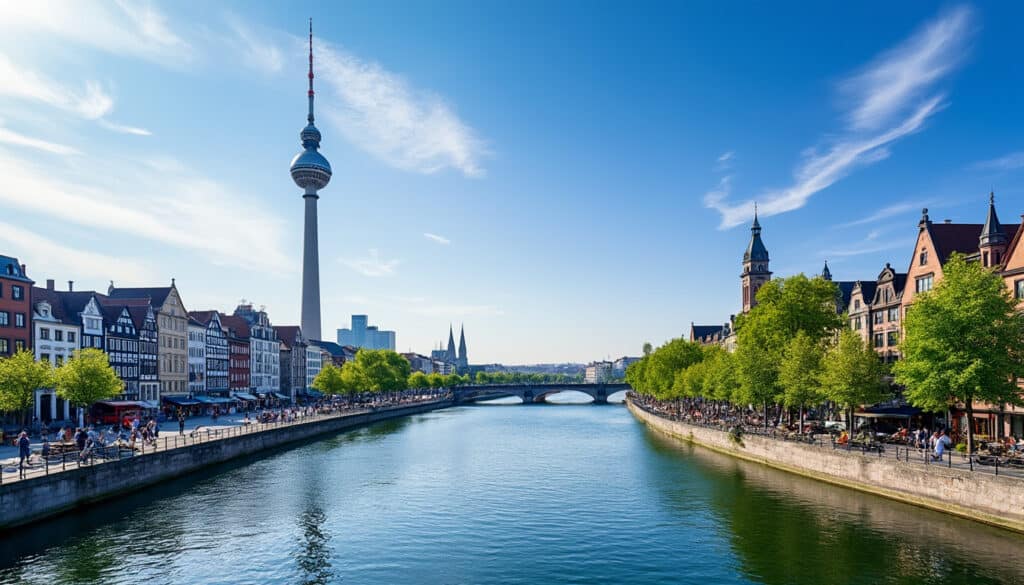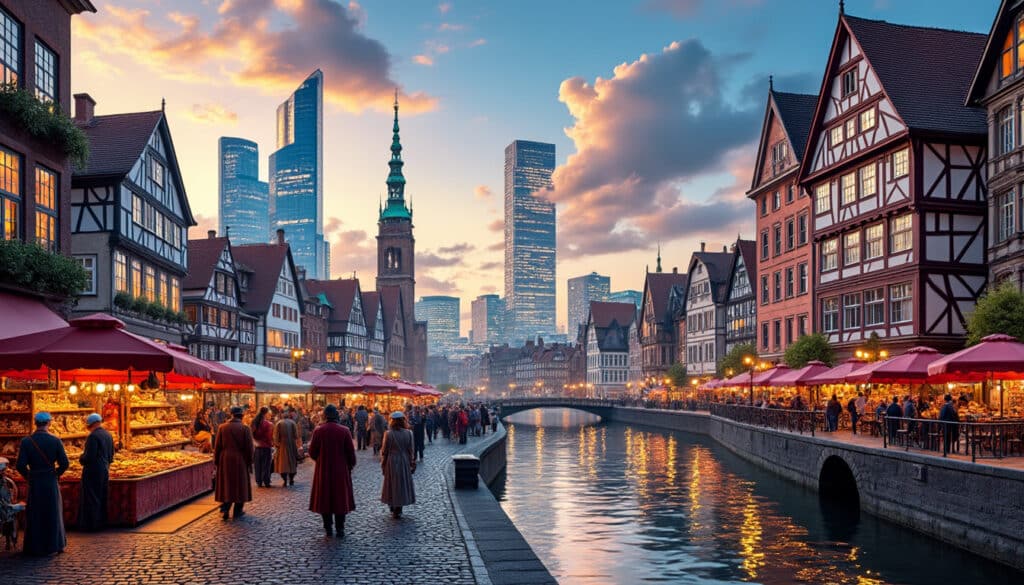Düsseldorf is a city rich in history and culture, captivating visitors from around the world with its unique charm. Nestled along the banks of the Rhine River, it serves as the capital of North Rhine-Westphalia, Germany’s most populous state. The city’s name, pronounced /ˈdʊsəldɔːf/ in Received Pronunciation and /ˈduːsəldɔɹf/ or /ˈdʊsəldɔɹf/ in General American English, reflects its very roots, stemming from the river Düssel and the German word “Dorf,” meaning village. This intricate blend of names and pronunciation showcases the intricate weave of linguistics, history, and globalization.
Understanding the Linguistic Heritage of Düsseldorf
The language spoken in Düsseldorf is an integral part of its identity, revealing much about its past and present. German is the predominant language, but like many global cities, English serves as a bridge for tourists and expatriates. The city’s linguistic backdrop is influenced by its location and historical interactions, making it a linguistic mosaic worth exploring.
Düsseldorf’s strategic position in Europe has made it a melting pot of dialects and languages over centuries. Low Franconian and Ripuarian dialects are part of the local linguistics, testament to its rich cultural tapestry. These dialects hint at the city’s historical corridors of trade and communication, bringing diverse influences that have shaped its present-day linguistic environment.
Understanding these linguistic nuances enhances communication and connection within Düsseldorf. Language acts as a gateway to better understanding the cultural rhythms of the city. For instance, language plays a crucial role in daily life and education. German, being a mandatory language in schools, ensures linguistic uniformity while also accommodating global languages like English.
The city is not only about languages local to Germany. The influx of people from various parts of the globe has introduced new languages, further diversifying the linguistic landscape. This aspect of Düsseldorf’s culture plays a crucial role in providing a welcoming environment for international visitors and contributes to the cosmopolitan vibe the city is renowned for.
The increasing globalization and subsequent need for multilingual communication have also fostered numerous translation services across Düsseldorf. From assisting tourists to supporting international businesses, these services ensure seamless communication and further highlights the importance of language in Düsseldor’s society.
In the broader sense of globalization, Düsseldorf stands as a fine example of how integration of multiple languages underpins a city’s growth and international appeal. Understanding and appreciating this linguistic heritage not only aids in communication but also enriches the experience of exploring Düsseldorf, revealing a city that seamlessly bridges local traditions with global influences.

The Evolution of Spelling in Düsseldorf
Spelling holds significant importance in communication, and in Düsseldorf, it reflects the historical and cultural intricacies that have evolved over time. The spelling variations of Düsseldorf, such as Dusseldorf or the archaic Dutch Dusseldorp, reveal the city’s rich linguistic history.
The alternative spelling “Dusseldorf,” often seen in English contexts, aligns with the anglicization practices that strive for ease of pronunciation and writing. While this simpler version is readily accepted in English, the authentic German form, “Düsseldorf,” preserves the name’s original phonetic essence and cultural significance.
These spelling variations impact more than just signage. They echo across media, tourism, and even digital platforms. For instance, when searching online for travel information or cultural insights, using the correct spelling can make a significant difference in the relevance and accuracy of the information one finds. From a practical standpoint, understanding these nuances can greatly assist both local residents and international visitors alike in navigating the plethora of information and resources available about the city.
Diving deeper, the variation in spelling also mirrors globalization’s impact on linguistic standardization. As cities become more interconnected globally, there’s a push for language and spelling to accommodate a wider audience. Düsseldorf, with its international appeal, is no exception, adapting its presentation to resonate with diverse cultural backgrounds while retaining its local essence.
This interplay of local and global spelling reflects a broader trend seen in many major cities around the world. The necessity to balance cultural heritage with practicality requires ongoing adaptation and mutual understanding. It is a testament to the city’s ability to embrace change while preserving its unique identity.
The Cultural Significance of Language in Düsseldorf
Language in Düsseldorf operates much like a vital organ, integral to cultural expression and day-to-day life. A walk through its streets unveils a symphony of languages, capturing both the essence of the city’s historical roots and its future-oriented dynamism.
Düsseldorf is famous for its cultural festivities like the renowned Karneval. During such vibrant occurrences, language plays a pronounced role, not just as a means of communication but as a medium for cultural transmission and expression. Dialects and languages spring to life in the form of songs, performances, and public engagements, each adding a colorful thread to the city’s cultural tapestry.
Beyond festivals, everyday life in Düsseldorf reflects the confluence of language and culture. The culinary scene, for example, offers a tangible nexus of this interaction. Menus often present an enticing mix of German and international dishes, described in multilingual formats to cater to both locals and tourists. Understanding language nuances can elevate the dining experience, enhancing both choice and appreciation.
Shopping in Düsseldorf, from chic boutiques to bustling marketplaces, often requires linguistic navigation. Here, language enables connections between vendor and buyer, fostering an experience enriched through conversation and interaction. This is especially true for the city’s diverse consumers, who come from various corners of the world.
Düsseldorf’s linguistic diversity extends into education, offering bilingual and international schooling options that reflect its global perspective while respecting local traditions. This educational environment nurtures a new generation that is both globally competent and deeply rooted in cultural awareness.
Thus, language in Düsseldorf transcends linguistic boundaries, serving as a mirror to the city’s soul. It facilitates a profound cultural exchange that not only defines Düsseldorf’s identity but also enriches the visitor experience, skating gracefully along the lines between the historical and the contemporary.
Communication Challenges and Solutions in a Multilingual City
As a bustling hub of international activity, Düsseldorf experiences a unique set of challenges and opportunities when it comes to communication. With a diverse populace and a constant influx of global visitors, navigating language barriers is an ongoing part of life.
The majority of residents in Düsseldorf are bilingual, with many speaking both German and English fluently. However, with over 200 different nationalities residing in the city, there are numerous languages in play, adding complexity and depth to communication.
One major communication challenge is maintaining clarity in multilingual interactions. From business dealings to casual conversations, the need for clear and effective communication is essential. Thus, professional translation services are a vital resource in Düsseldorf, ensuring that language differences do not impede commerce or community interactions.
Another challenge is the linguistic localization of global content. For instance, popular media and international brands must tailor their messaging to resonate with both local and international audiences in Düsseldorf. This requires a keen understanding of language and cultural nuances to ensure messaging is not only understood but also culturally relevant.
On the educational front, schools and universities in Düsseldorf are adapting curricula to support multilingual learning environments. This prepares students for a future where linguistic versatility will be an invaluable asset. Additionally, language learning centers and cultural institutions offer programs to help newcomers learn German, fostering greater integration and interaction within the community.
In conclusion, while communication in a multilingual city like Düsseldorf presents challenges, these can be turned into opportunities for greater cultural understanding and collaboration. Efforts to bridge language gaps not only enrich the living experience but also elevate Düsseldorf’s stature as a truly global city.
| Communication Challenge | Solution |
|---|---|
| Multilingual Interactions | Professional Translation Services |
| Linguistic Localization | Culturally Tailored Messaging |
| Global Education Adaptation | Multilingual Curricula |
The Role of Language in Education and Globalization
In the context of education and globalization, language assumes significant roles in shaping the developmental landscape of Düsseldorf. As a city characterized by its educational excellence and global outreach, language is a core pillar supporting its dynamic growth.
Düsseldorf boasts a strong educational infrastructure that provides opportunities for both local and international students. The presence of international schools offering diverse language programs reflects the city’s commitment to fostering global citizenship. These institutions offer a foundation for linguistic and cultural exchange, equipping students with skills necessary for thriving in a globalized world.
Within universities, the emphasis on language extends beyond German, with courses frequently offered in English to attract and accommodate international students. This approach not only enhances the city’s academic appeal but also fosters an academic environment enriched by diverse perspectives. Thus, Düsseldorf’s academia becomes a microcosm of global linguistic and cultural interactions.
Furthermore, language learning in Düsseldorf transcends traditional classroom settings. The city provides rich, immersive experiences where language becomes a living entity. From interactive language workshops to cultural excursions, learners are frequently immersed in environments fostering practical language acquisition and cultural appreciation.
In businesses and workplaces too, proficiency in languages like English, Spanish, and Mandarin is increasingly viewed as a competitive advantage. Many companies in Düsseldorf encourage language training for employees, recognizing its importance in connecting with a global clientele and facilitating international operations.
Ultimately, the proactive embrace of languages as an educational catalyst and a tool for globalization enhances Düsseldorf’s stature as a forward-thinking city. The city’s commitment to linguistic diversity empowers individuals, fostering growth that transcends borders and cultural distinctions, thereby affirming its place on the world stage.
FAQs on Language and Spelling in Düsseldorf
As Düsseldorf continues to grow and attract visitors from around the world, questions about language and spelling often arise. Here are some commonly asked questions:
- 📝 What is the correct spelling of Düsseldorf in English?
The correct spelling in English is often “Dusseldorf,” but the original German spelling “Düsseldorf” is widely accepted. - 🗣️ What languages are commonly spoken in Düsseldorf?
Besides German, English is widely spoken, along with other languages due to the city’s international residents. - 📚 Are there resources for learning German in Düsseldorf?
Yes, there are numerous language schools and learning centers throughout the city offering German courses for all levels.
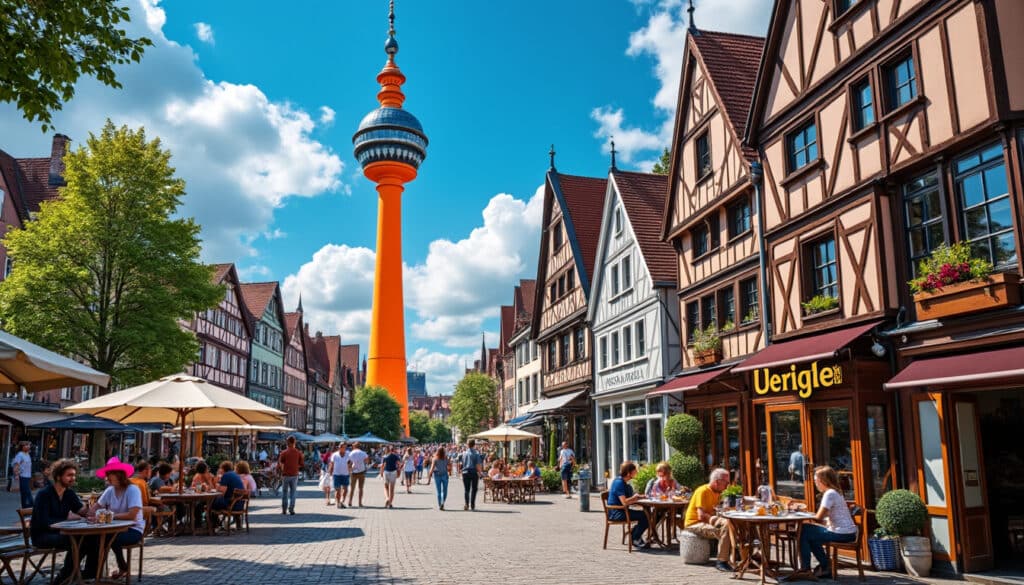
Fun Facts & Curiosities About Dusseldorf
In the vibrant tapestry of European cities, Düsseldorf emerges as a unique blend of modernity and tradition, captivating travelers with its eclectic mix of culture, gastronomy, and history. Not only is it a sartorial hotspot with a thriving fashion scene,…
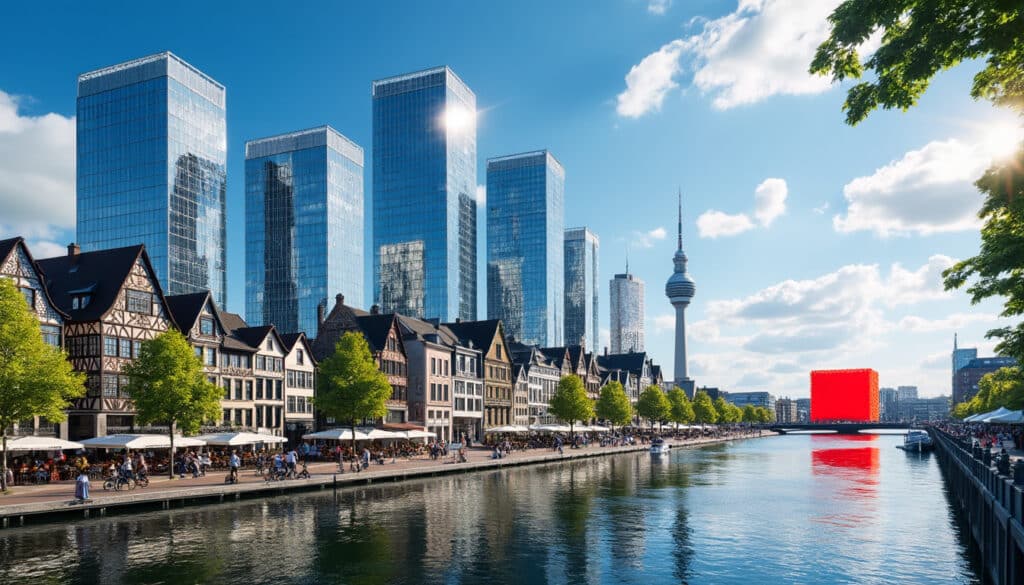
Architecture and urban features of Dusseldorf
Discover the symphony of architectural innovation and urban sophistication as you explore Düsseldorf, a city that has become a beacon of modern design. From the whimsical creations of Frank Gehry to the sustainable innovations of Kö-Bogen, Düsseldorf’s landscape is a…
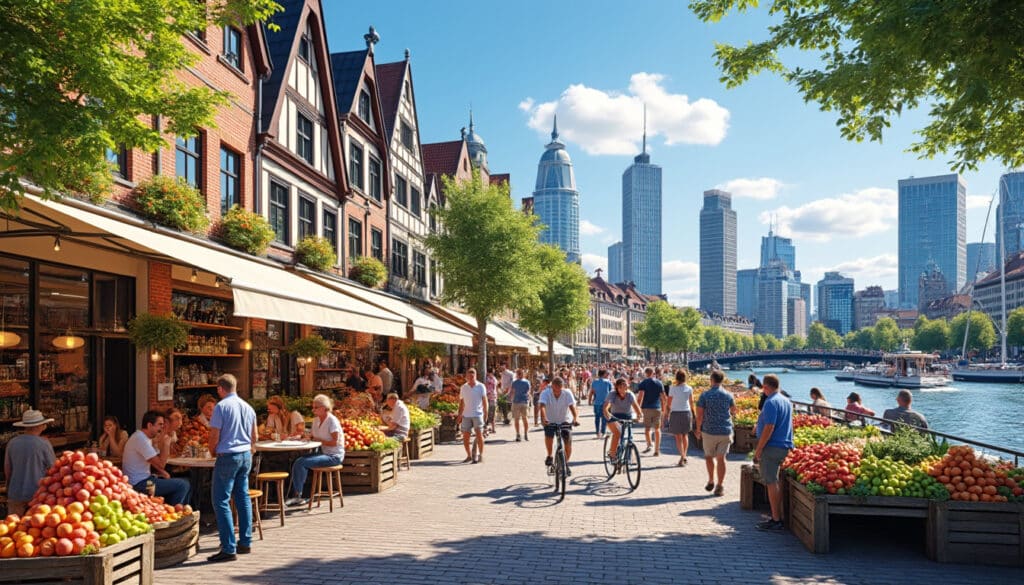
Nestled on the banks of the Rhine River, Düsseldorf is a city that embodies both tradition and modernity. With its dynamic blend of history, culture, and contemporary lifestyle, this vibrant city offers a rich tapestry of experiences for its residents.…
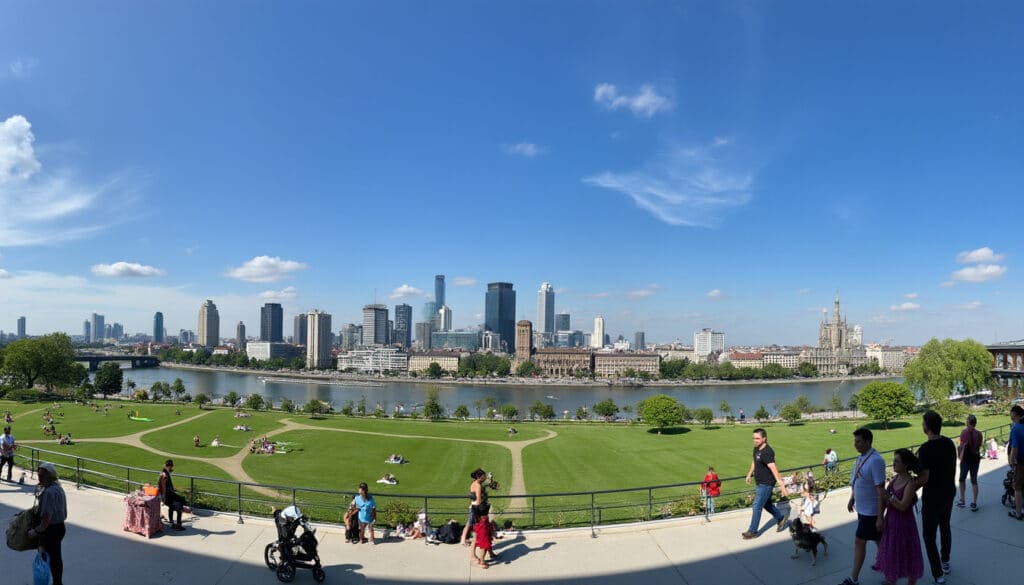
Demographics and geography of Dusseldorf
As the vibrant heart of North Rhine-Westphalia, Düsseldorf is often celebrated for its distinctive blend of culture, commerce, and a bustling population. Known for its thriving arts scene, high-fashion district, and influential economy, Düsseldorf is also a city that stands…
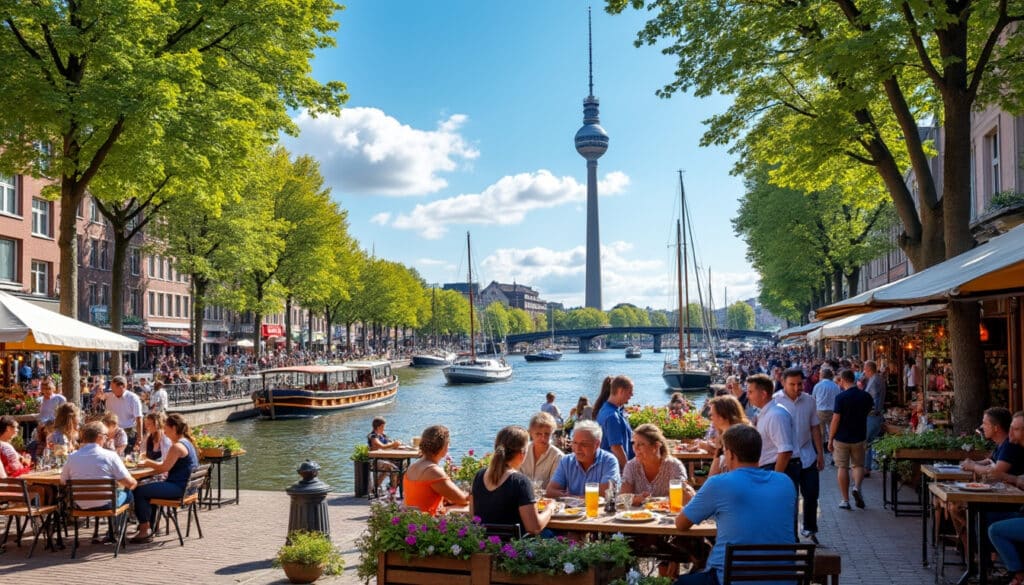
Local tips for tourists in Dusseldorf
Düsseldorf, a vibrant city nestled along the Rhine River in Germany, offers a plethora of experiences that blend modern elegance with historic charm. From its bustling Altstadt, known as the “longest bar in the world,” to the futuristic architectural wonders…
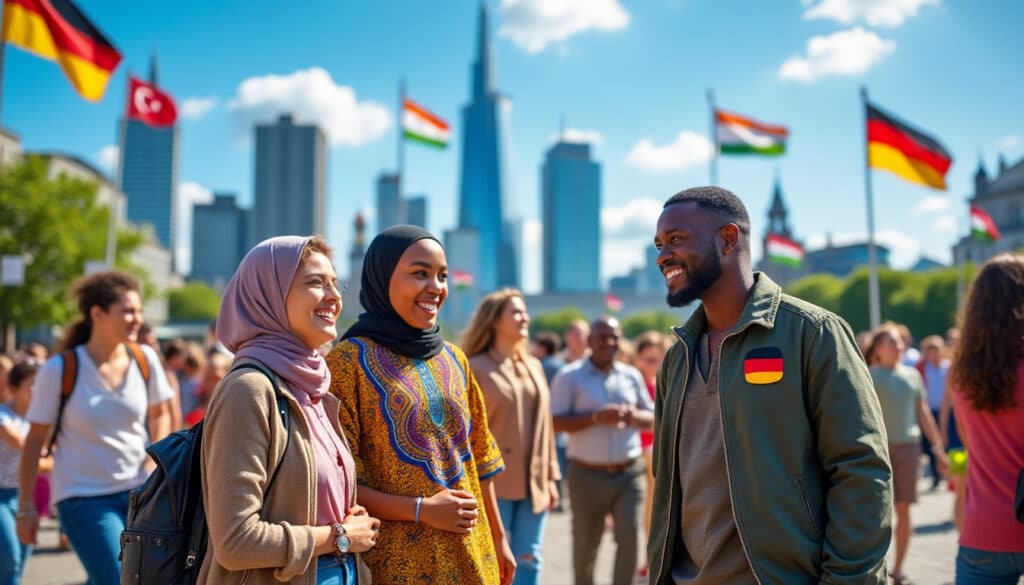
Names, flags, and identity of Dusseldorf
The vibrant city of Düsseldorf, nestled along the scenic banks of the Rhine River, is a beacon of German culture and history. Renowned for its diverse cultural tapestry and iconic landmarks, this metropolis stands as the capital of North Rhine-Westphalia…
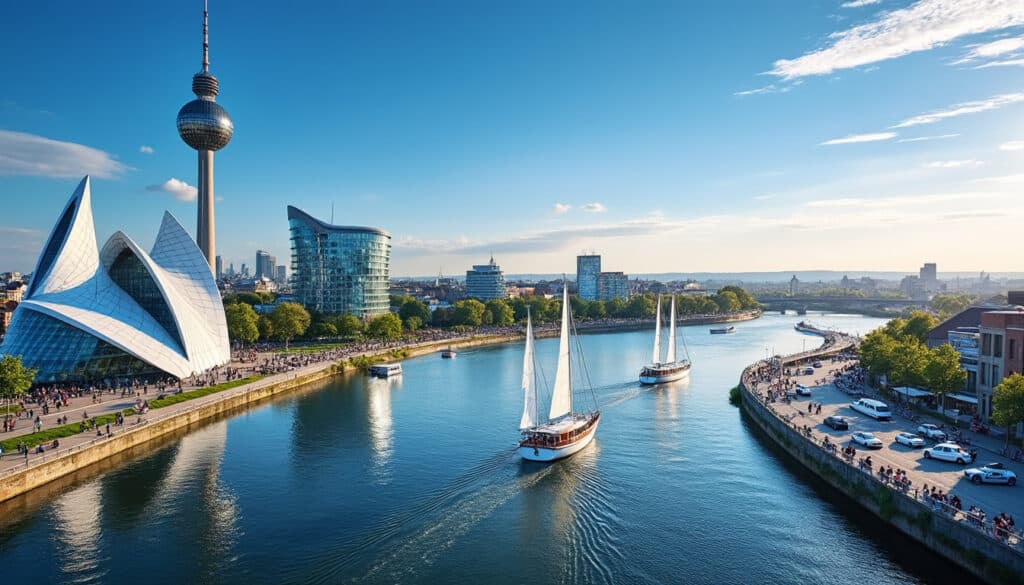
Reputation and identity of Dusseldorf
Renowned for its vibrant modernity, historical depth, and strategic location on the Rhine River, Düsseldorf stands as a thriving metropolis in Germany. This dynamic city is not only the capital of North Rhine-Westphalia (NRW) but also a core hub for…
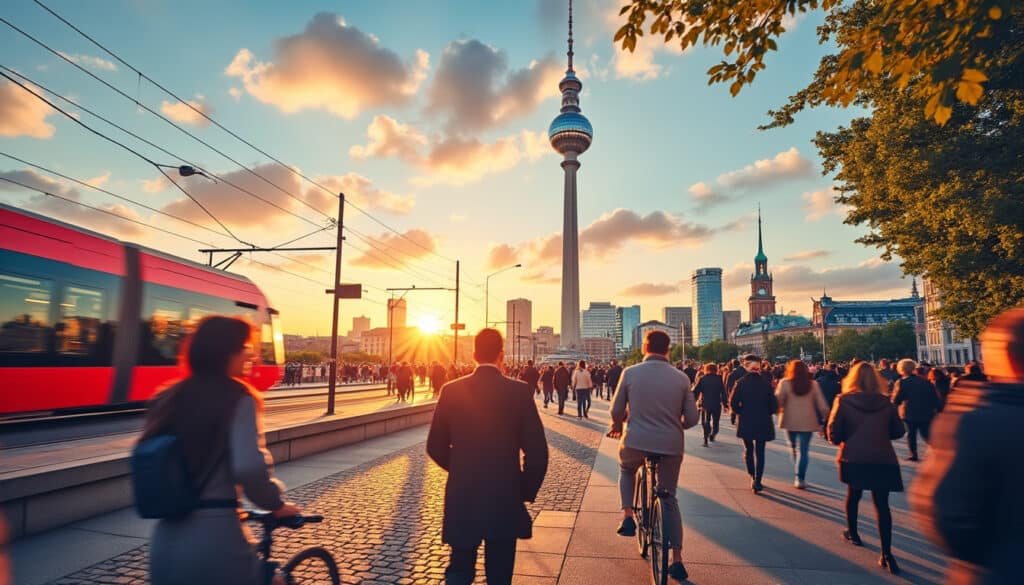
Time and time zone in Dusseldorf
In the bustling city of Düsseldorf, a vibrant hub of culture and industry, understanding the nuances of time and its influence on everyday life is essential. This article seeks to unravel the threads of time in Düsseldorf, offering insights into…
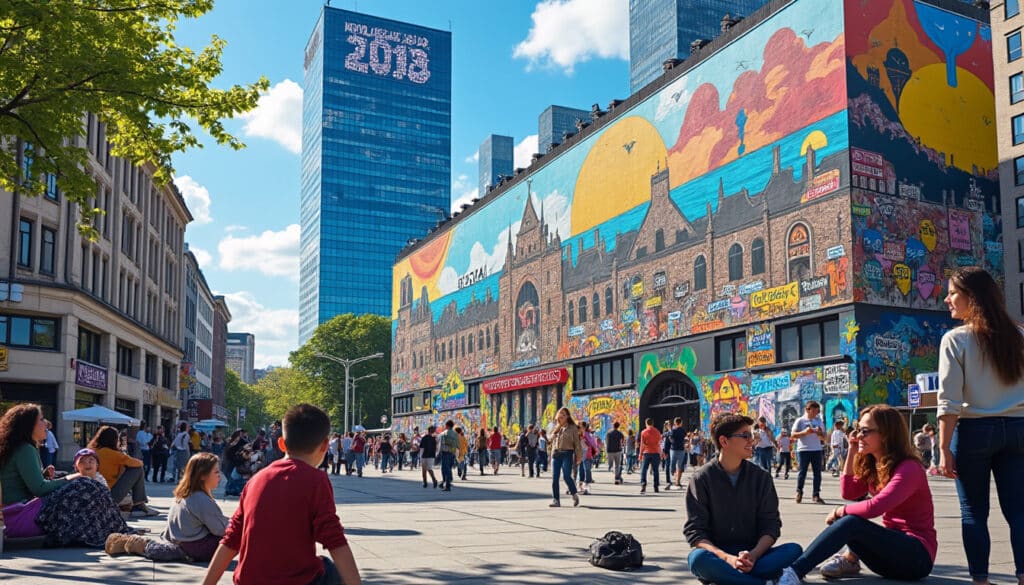
Unusual facts and social issues in Dusseldorf
Düsseldorf, the vibrant capital of North Rhine-Westphalia, is a city that effortlessly combines historical charm with modern allure. Renowned for its fashion, arts, and lively cultural scenes, it’s a destination that captivates with its unique blend of the traditional and…
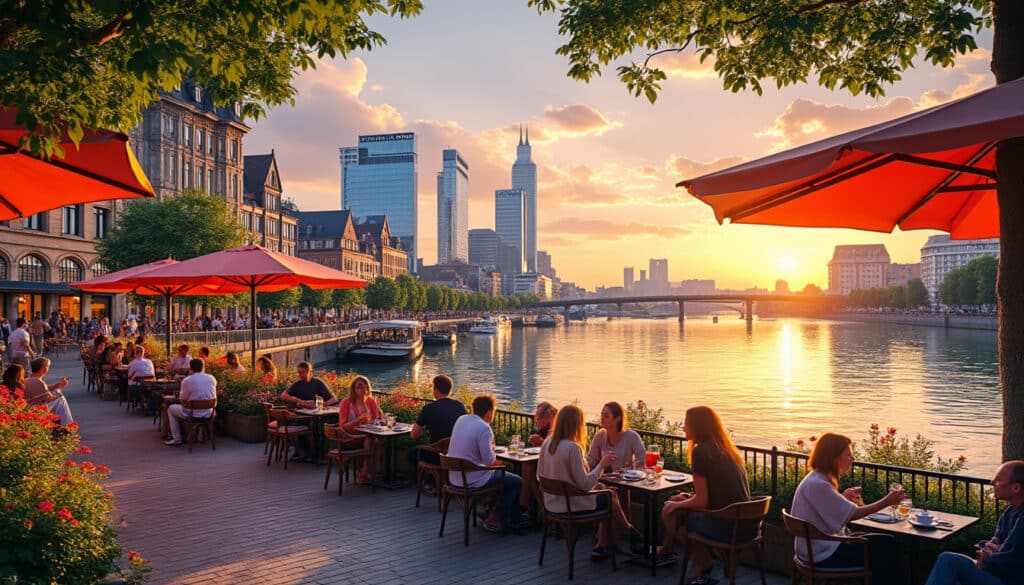
What does Dusseldorf look, smell, feel like?
When you think of Düsseldorf, envision a city where historical charm meets modern innovation, a place teeming with cultural richness and vibrant energy. Located along the Rhine River, Düsseldorf is a city where tradition and avant-garde flamboyance mesh seamlessly. Here,…
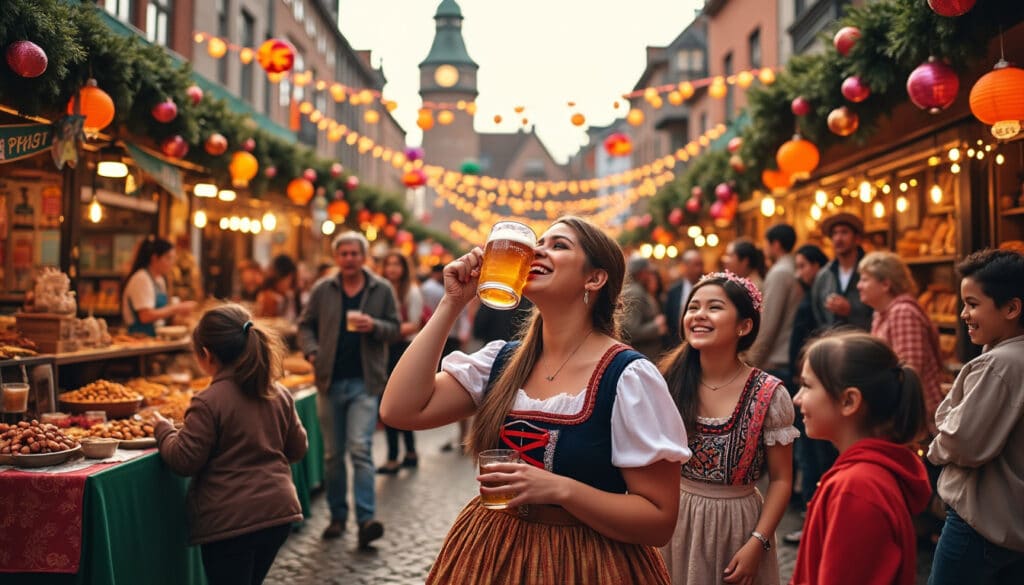
Holidays and celebrations in Dusseldorf
Welcome to the enchanting world of Dusseldorf, a city where every season brings a wave of vibrant celebrations, each echoing with history, culture, and the hearty cheer of its people. From centuries-old traditions to modern-day extravaganzas, Dusseldorf stands as a…


